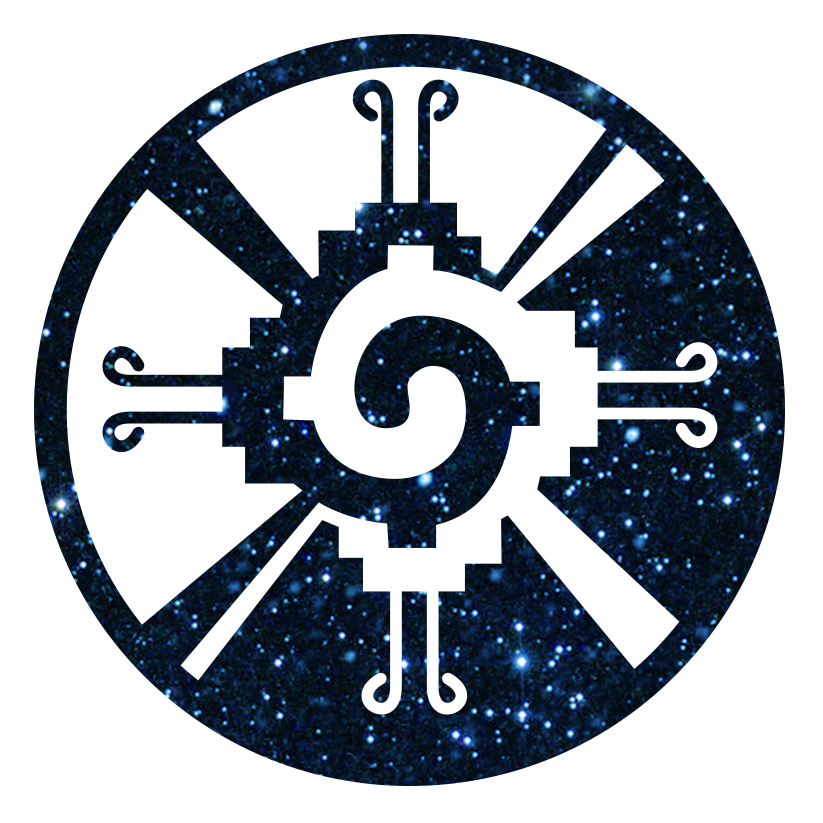Both Hands
Many of us find it difficult to believe that events are always conspiring to deliver to us the object of our deepest desire.
Somehow, rather, we have come to both accept and expect that we cannot always get what we want, that it is in the nature of Life, our mother, to provide for our needs with one hand while denying them with the other.
But have you ever stopped to consider that perhaps both hands are nourishing you?
Going further, it has been said that the cause of human suffering lies in the fact that what we fear and what we desire are the same.
So let us consider, then: What is this mysterious object that we both fear and desire so essentially?
Even a little reflection on this point reveals that this mysterious, terrifying and wondrous object is none other than the new, the unknown, the yet-to-be-experienced.
In other words, the ultimate object of our fear is this unknown, this undreamed possibility, whether we choose to call it “death,” “healing,” “transformation,” or “miracle.”
And in the end, what we call our fear of the unknown actually turns out to be our desire — our love — for the familiar.
When we look with honest eyes, it becomes clear and forgivable that as human beings we naturally yearn for the re-creation of familiar patterns — for the continuation of the life we know and recognize — as much or more than we yearn for new experience, for the bliss of unfamiliarity.
In truth, the universe longs to embody your desire. Did you know that?
Hear this again: The universe longs to embody your desire.
And yet, if the intensity of your desire for the familiar should come to rival or exceed that of your desire to experience the new — whether openly, or in the silent and intimate depths of your self — then you leave the universe at a loss as to what to deliver you, as to what she must become to please you, her lover; and nothing appears to change.
So in this sense, fear really is an illusion — nothing more or less than a name we give to our desire for the re-creation of what is known, safe, familiar, manageable.
For what is familiar is always manageable.
The new is never manageable; that is what makes it new, mysterious, vivifying. . . .
And so we return to the question of why a human being would choose to create suffering and limitation for themselves.
And the fact is:
We thirst for limitation because this water is all we know.
We are like lotus flowers, floating on a pristine river of life-giving current, longing for raindrops.
